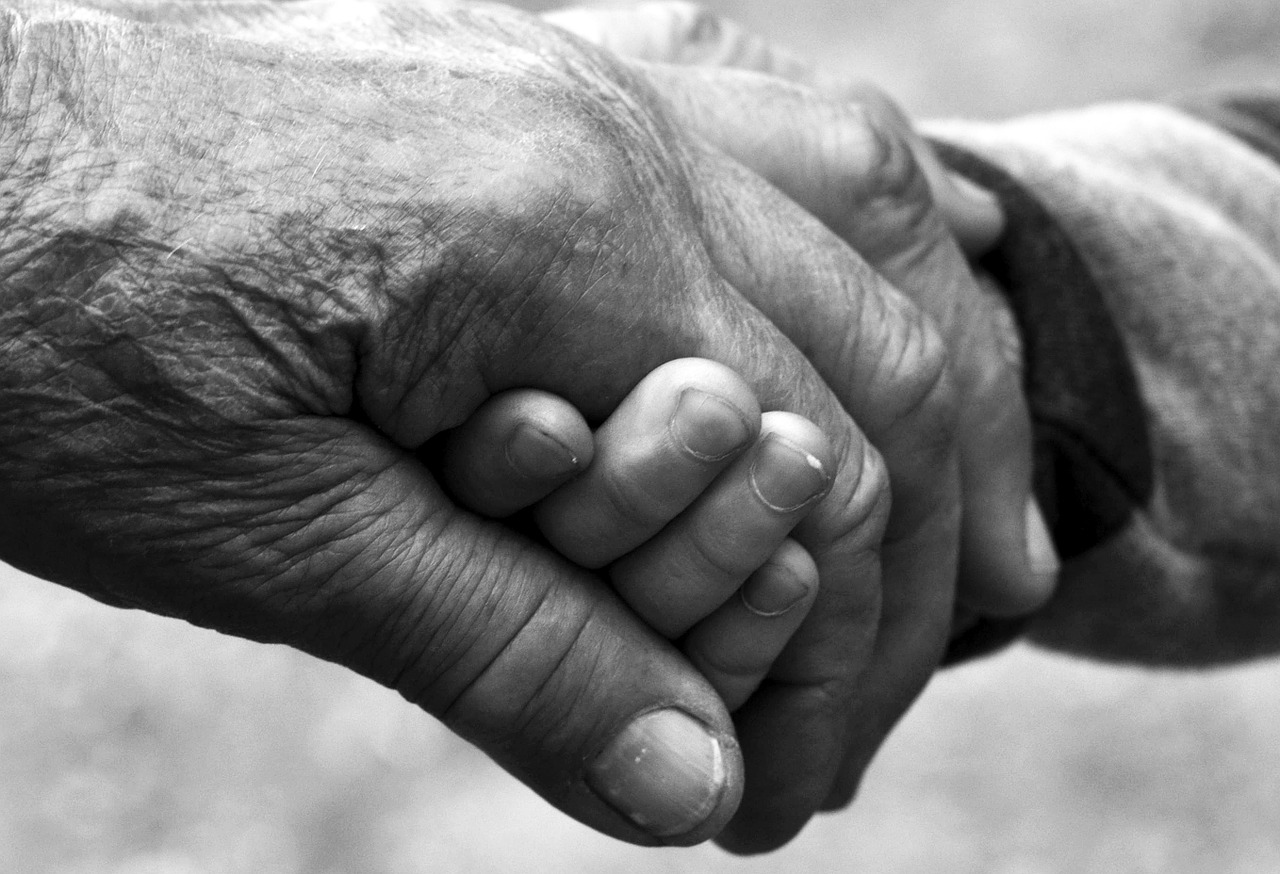On a Sunday this January, probably of whatever year it is when you read this (at least as long as I’m living), I will probably be preaching somewhere in a church on “Sanctity of Human Life Sunday.” Here’s a confession: I hate it.
Don’t get me wrong. I love to preach the Bible. And I love to talk about the image of God and the protection of all human life. I hate this Sunday not because of what we have to say, but that we have to say it at all. The idea of aborting an unborn child or abusing a born child or starving an elderly person or torturing an enemy combatant or screaming at an immigrant family, these ought all to be so self-evidently wrong that a “Sanctity of Human Life Sunday” ought to be as unnecessary as a “Reality of Gravity Sunday.” We shouldn’t have to say that parents shouldn’t abort their children, or their fathers shouldn’t abandon the mothers of their babies, or that no human life is worthless regardless of age, skin color, disability, or economic status.
Part of my thinking here is, I hope, a sign of God’s grace, a groaning by the Spirit at this world of abortion clinics and torture chambers (Rom. 8:22). But part of it is my own inability to see the spiritual combat zone that the world is, and has been from Eden onward. This dark present reality didn’t begin with the antebellum South or with the modern warfare state, and it certainly didn’t begin with the Roe v. Wade Supreme Court decision. Human dignity is about the kingdom of God, and that means that in every place and every culture human dignity is contested.
In order to understand why human dignity matters, and why human dignity is always contested, we must understand that the kingdom of God is centered on humanity. The universe is human-centered. I can imagine as I write this the bristling of some of you, especially those of you who are the most theologically orthodox and articulate. To say that the universe is human-centered, you might think, sounds like the sort of heresy we often hear from those who wish to redefine God or his works in terms of human expectations or categories. What I mean, though, is that the universe was created to be governed, under God, by human image-bearers. The universe was called into existence as an inheritance for Jesus, that in all things he might have the preeminence (Col. 1:18).
The Old Testament tells us that the universe was not called together arbitrarily but by the Word of God (Gen. 1), a Word the New Testament tells us is not a thing but a person (Jn. 1). The Scriptures affirm that the meaning of all reality is encoded in something the Apostle Paul called “the mystery of Christ” (Eph. 3:4). In the mystery of Christ, the mud of the earth—the substance from which humanity is formed—is joined to the eternal nature of God himself so that the material world is now connected, without confusion but also without separation, to God himself.
In Christ Jesus, God joins deity to humanity, permanently, in the human heir of the universe, Jesus. It is not that Jesus was human, but rather that Jesus is human. God’s purposes in Christ, then, explain why the Scriptures take so seriously the dignity of humanity as created in the image of God (Gen. 1:27). Humanity, from the very beginning, is distinct from the rest of nature, including the rest of the living creatures, because of this mysterious image bearing.
The image of God, biblically speaking, is a mysterious reality, in which the invisible world and even inanimate nature seems to recognize in humanity the distinctive mark of our Creator (Rom. 8:19-23). This image is about who we are, not just about what we do, but clearly the image of God defines and equips us to carry out God’s mission, ruling beneath and for him over the rest of the creation. This is the end-result of redemption, a humanity once again, under God, on the throne of the cosmos.
This threat through Scripture is not incidental. It is not just Pharaoh and Herod who are slaughtering the innocents. The gospel is opposed by an ongoing spirit of antichrist (1 Jn. 2:18), which rages against the kingdom and seeks to set up its own mirror-image empire. This anti-gospel rage is murderous (Jn. 8:44, 1 Jn. 3:8, 11-15). The ascended Christ explained this historical trail of blood metaphorically in a vision to the Apostle John as an ongoing war between the Serpent and the people of the Messiah (Rev. 12:1-12). It should not surprise us then that, in every age, there is a clash between Christ and the powers of this age. It should not surprise us that human appetites, when unrestrained by their creation purposes, can turn murderous (Jas. 4:2). And it should not surprise us that the spirit of every age seeks to define human worth in terms of power and usefulness, while the gospel of the kingdom defines human dignity in strikingly different terms, as Christ himself identifies himself not with the powerful but with the vulnerable.
Several years ago, I heard a lecturer talking about church ministries of mercy to the poor and the vulnerable. The crowd in the room, evangelical Christians all, seemed to be in agreement with the lecturer because, as one respondent put it, social ministries give us the opportunity to share the gospel and to give credibility to our verbal proclamation. The lecturer agreed that this was true, but then he stopped and talked about a group home near his congregation, filled with severely cognitively disabled children. This man’s church went to this home every day, to brush the hair of these children, to sing to them, and sometimes just to sit quietly and hold their hands. The children, he said, are probably not even aware of their presence. “They can’t hear or respond to the gospel,” he said. “So is our ministry to them worth it?”
Of course it is. This ministry is “worth it” for the same reason it was “worth it” for Jesus’ friends to wash and to anoint his body with spices after his crucifixion. It was honoring him, loving him, recognizing him. He tells us when we stand with those who are marginalized—the poor, the unborn, the orphaned, the widowed, the diseased, the abandoned, the disabled, the poor, the elderly—we are standing with the “least of these, my brothers” (Matt. 25:45). And when we care for his brothers, Jesus tells us, we will recognize him there, too.
This article is adapted from my new book Onward: Engaging the Culture Without Losing the Gospel.







